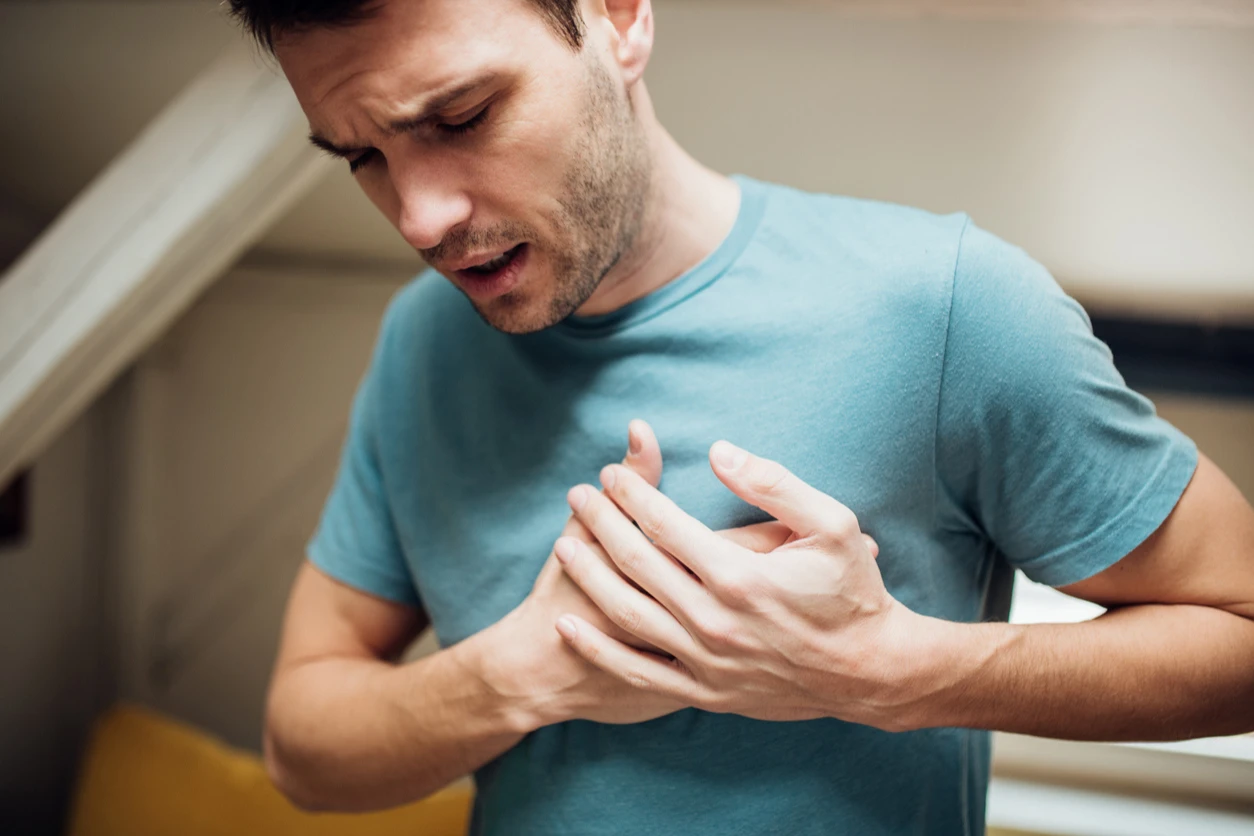
Detoxing your body from alcohol can be difficult, but with the right help and support you can recover from alcohol addiction and successfully detox your body from alcohol at home.
We recommend seeking professional detox treatment to complete an alcohol detox, especially if you have a severe or long-term alcohol disorder as it can be a dangerous process which requires medical assistance.
However, if this is not an option for you or you have a mild/moderate alcohol use disorder, follow our below tips to find out how to safely detox at home.
What To Expect Before an Alcohol Detox at Home
Detoxifying your body from alcohol is an essential step in recovering from alcohol consumption or addiction. Anybody with a tolerance to alcohol will experience withdrawal symptoms during the detox, as the body becomes reliant on the drug to function normally.
Knowing what to expect from alcohol withdrawal symptoms will help you to successfully complete detox. Some common withdrawals include:
- Nausea
- Alcohol cravings
- Headaches
- Dehydration
- Appetite changes
- Mood swings, anxiety & depression
- Agitation
- Stomach cramps
- Diarrhoea
The withdrawal process can be extremely difficult and uncomfortable, which is what makes avoiding relapse and staying sober so difficult during this period. Although withdrawals will be experienced, knowing what to expect and knowing they will last for a few days will be beneficial before beginning the process.
How to Detox from Alcohol
Consult with a Healthcare Provider
Before beginning any at-home detox programme, consult with a healthcare provider or addiction specialist. They can assess your situation and provide guidance on the safest way to proceed, as some people should not attempt a home detox as it is unsafe.
If you choose not to reach out to addiction specialists, discuss your plan with your GP to help you. They can provide prescription medication to help you manage withdrawal symptoms and offer advice.
Plan Your Detox
Choose a time when you can focus on your detox without distractions. It’s important to have support from friends or family during this period, so detoxing when you have time off work or no commitments will make you more likely to succeed.
Stay Hydrated
Alcohol dehydrates the body, so drink plenty of water throughout the detox. Dehydration can worsen withdrawal symptoms, so staying hydrated is crucial when detoxing your body from alcohol.
Consume Supplements
Consider taking vitamin and mineral supplements, particularly B-complex vitamins, as alcohol can deplete these nutrients. You can consult with a healthcare provider for proper dosages or request help detoxing with prescription medications.
Gradual Reduction of Alcohol
If you’ve been consuming large amounts of alcohol regularly, consider tapering down your alcohol intake slowly rather than quitting abruptly, also known as cold turkey. This can help reduce the severity of withdrawal symptoms and is the safest way to detox your body from alcohol if you choose to at home.
Avoid Relapse Triggers
Identify and avoid situations or triggers that make you want to drink, such as parties or events during your detox. This could involve temporarily distancing yourself from certain social situations or friends but will benefit you in the future.
5 Tips to Make Detox More Comfortable
When you detox your body from alcohol it can have a huge impact on your wellbeing and physical health. See below some self-help tips to ease the detox process if you choose to complete it at home.
Hydrate Yourself
Alcohol can dehydrate your body, so begin your detox by drinking plenty of water to rehydrate yourself and help to flush toxins from your system. Electrolyte-rich drinks like sports drinks or oral rehydration solutions can help replace lost electrolytes and will help you to feel better.
Eat a Healthy and Balanced Diet
Consume a well-balanced diet with a focus on whole foods, including fruits, vegetables, lean proteins, and whole grains, and avoid sugary and processed foods. This will help to fill your body with the nutrients it needs to process the alcohol detox.
Alcohol can deplete B vitamins, so you can also consider taking a B-complex supplement to help replenish these nutrients. You can get these at your local pharmacy or drugstore.
Get Plenty of Rest
Rest is crucial during detox. Ensure you get enough sleep to help your body recover and heal, as your body metabolises the most during the night. Allowing your body to rest will help you to feel more energised and manage the detox better.
Reach Out for Emotional Support
Seek emotional support from friends, family, or support groups to help keep you motivated on your recovery journey. Alcohol addiction can be challenging to overcome on your own, so don’t hesitate to ask for help – there are also Alcoholics Anonymous meetings available, which offer you free and regular access to others going through similar experiences.
The impact of emotional support should never be underestimated, as this is a key contributor to many people’s long-term recovery.
Regularly Exercise
Engaging in regular physical activity is recommended to promote overall well-being and to keep your mind busy. If you choose to join a gym or start a class, having a hobby and interacting with others is just as good for your mental health as it is for physical.
Exercise is also known to help reduce stress and anxiety which are common triggers for alcohol use, which is another benefit of exercising as you recover from alcohol abuse.
Seek Professional Alcohol Detox Treatment
If you or a loved one shows signs of a serious alcohol problem, a home alcohol detox may not be the best option. For those who have experienced addiction for years or drink extremely large amounts of alcohol, the withdrawal process and withdrawal symptoms can be very dangerous if experienced alone.
The benefits of attending a residential rehab for medically-assisted detox means that you will be surrounded by support and receive medical attention 24/7 during the alcohol detox.
Alcohol withdrawal symptoms such as Delirium Tremens and seizures require urgent medical treatment, and these symptoms are more common in people with a severe addiction history.
At Action Rehab, we can help you find a suitable alcohol rehab treatment centre at a location convenient to you. Get in touch today to learn more about medical detox programmes and start your recovery journey by phoning 0151 268 6992 or filling out our contact form.
Posted on Friday, February 2nd, 2024 at 11:46 am in Latest News.






 Call Us
Call Us Contact Us
Contact Us